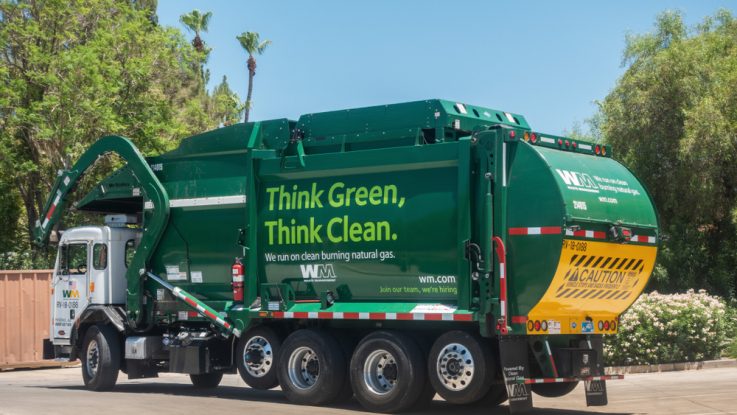
The Environmental Protection Agency (EPA) has announced the recipients of US$105 million in Solid Waste Infrastructure for Recycling grants (SWIFR) which are intended to improve American communities’ recycling, organics, and waste management systems.
Individual communities will receive a total of $73 million from the program, with the balance allocated to states and territories to fund data collection, solid waste management planning, and other required implementations. EPA Deputy Administrator Janet McCabe stated that many of the community grants are meant to support “disadvantaged communities that have been traditionally underserved by recycling services,” while also creating jobs.
The municipalities receiving the awards include:
- Borough of Matanuska-Susitna, AK – will create a compost facility and collection network that will benefit five disadvantaged communities as well as the Chickaloon Alaskan Native Village;
- Boonslick, MO – to create 20 staffed drop-off locations to expand recycling capacity;
- Austin, TX – to open and expand the Austin Reuse Warehouse, an onsite space for redistributing used furniture and building materials and hosting programming;
- Bozeman, MT – will provide up to 7,000 households with year round diversion of organic waste;
- Greenfield, MA – will transition to a single-stream, fully automated recycling collection system, and create a promotional and enforcement campaign;
- Iowa City, IA – for the expansion of an existing compost facility, increasing processing capacity from 15,000 tons to 20,000 tons per year;
- Logan, UT – will expand on the city’s ability to compost biosolids;
- Minneapolis, MN – for the redevelopment of the North Transfer Station into a new residential self-haul resource recovery and waste disposal site;
- New Orleans, LA – to construct a new Materials Recovery Facility and expand current residential curbside recycling, and to develop a 10-year solid waste master plan;
- Providence, RI – to expand both the food waste diversion infrastructure for businesses, institutions, and households and municipal recycling collection;
- Seattle, WA – will develop a warehouse to process, store, organize and distribute wood salvaged from the deconstruction of residential structures;
- Stamford, CT – will create four strategically located food waste collection points, a curbside collection program for residential and commercial food waste, a recycling education and outreach program for the public, and a pilot for a food waste collection and composting program at a public high school;
- West Monroe, LA – will expand covered space and storage for recyclables;
- Baltimore, MD – to develop a solar-powered, scalable composting facility; and
- Trujillo Alto, PR – will expand the recycling program to six neighborhoods that do not currently receive collection and disposal services.